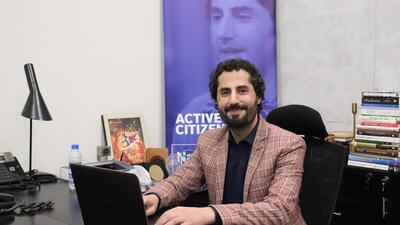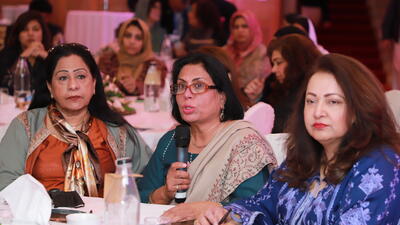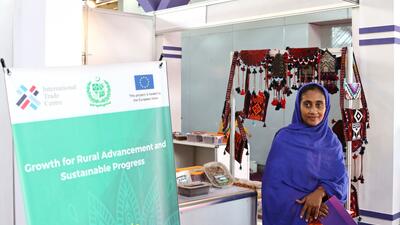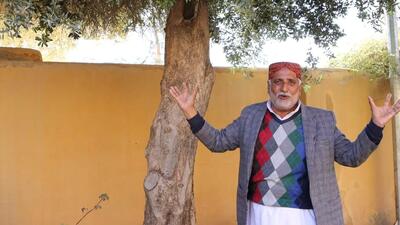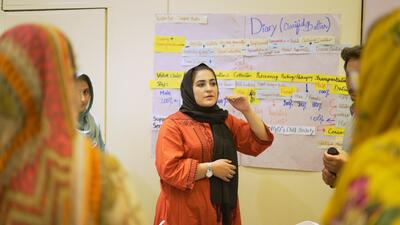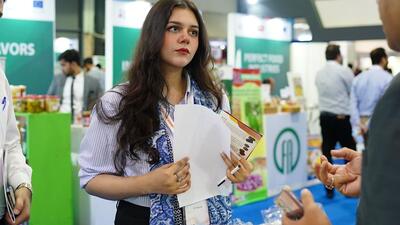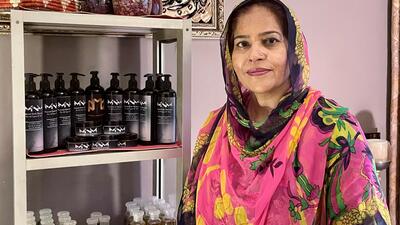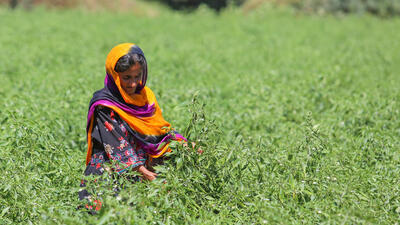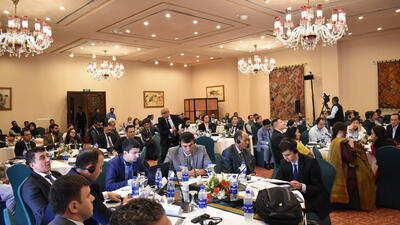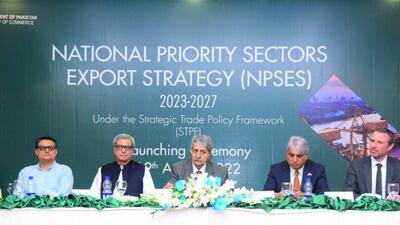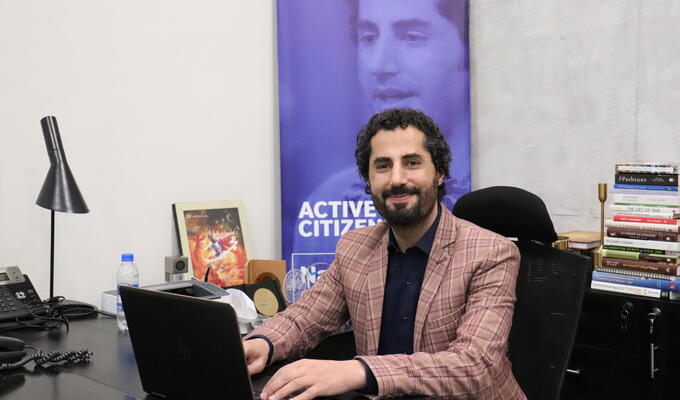
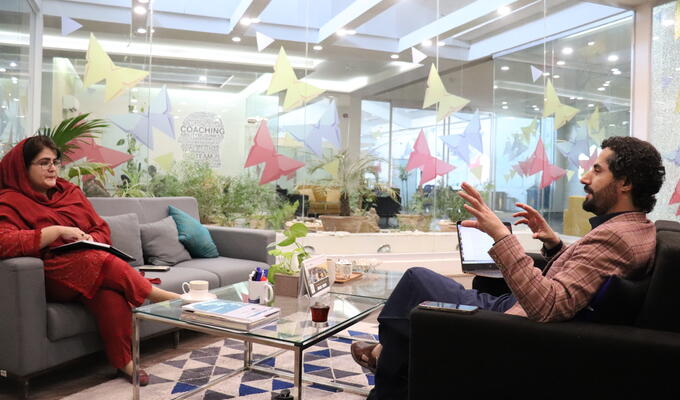
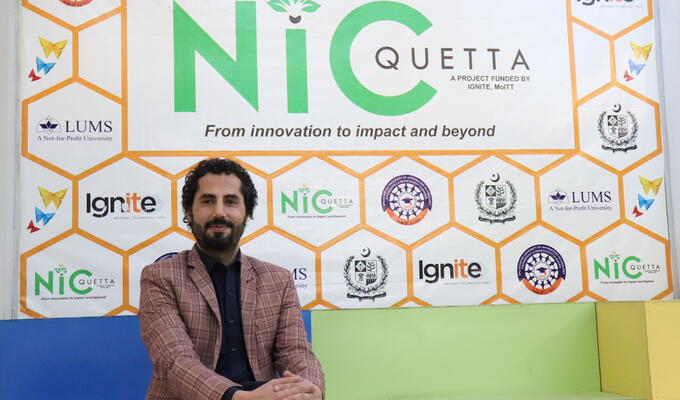
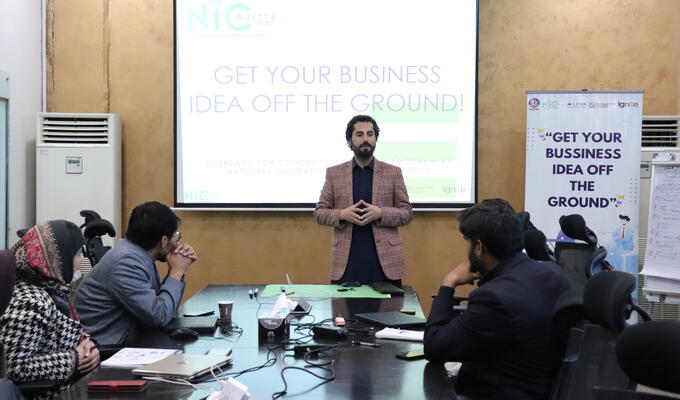
Propelling agritech startups in Pakistan
Muhammad Shah Khan is an emerging leader in the Pakistan startup ecosystem and is busy empowering young entrepreneurs, startups, and industry stakeholders.
Clear-cut vision
Glass walls inside buildings are a rare sight in the western province of Balochistan, Pakistan, but at the National Incubation Centre (NIC) in Quetta they are there for a reason.
“We are an innovation centre, and the glass walls reflect our openness to new ideas, transparency, and above all, our determination to remove all hurdles confronting aspiring entrepreneurs in Balochistan,” explains Muhammad Shah Khan.
Muhammad Shah is in his early forties and was born in Pishin, 40 km from the provincial capital Quetta. This Assistant Professor at the Balochistan University of Information Technology, Engineering and Management Sciences BUITEMS, is the founding director of the National Incubation Centre (NIC) Quetta.
Job creators instead of creating jobs
NIC Quetta is the first of its kind in Balochistan and only the 5th in the country offering business incubation and acceleration services including training and mentorship to anyone aspiring to be an entrepreneur.
“Developing an entrepreneurial mindset is critical as entrepreneurs not only create a job for themselves but also for others. We, at NIC Quetta, provide the platform to make this happen. All you have to have before coming to us is a business idea,” says Muhammad Shah who together with his team, has trained 600+ entrepreneurs aged 17 to 64.
Setting out to find solutions
Balochistan province forms 44% of the total landmass of Pakistan with the agriculture and livestock sectors being prominent contributors to its economy. With dwindling stable job opportunities, cultivating the entrepreneurial spirit of youth is essential for ensuring sustainable development through trade activities and lifting lifestyles with income generation.
Agritech startups, are mostly without any incubation technical support or handholding to help them flourish.
Even Muhammad Shah, having worked with and mentored all types of businesses, admits that agritech is rather a niche in the startup ecosystem in Balochistan.
Therefore, when the European Union funded Growth for Rural Advancement and Sustainable Progress (GRASP) project implemented by the International Trade Centre (ITC), launched its agritech startup incubation programme, Muhammad Shah got onboard.
“I developed a thorough familiarity with the agritech startup ecosystem. How to support agritech startups by better understanding their needs keeping an eye on the global and national trends, was an aspect of the GRASP programme that I found valuable for the work that I do,” recalls Muhammad Shah.
All the efforts your heart could desire
Muhammad Shah is now making sure that he contributes more rigorously to the development of agritech startups in the agriculture reliant economy of his province.
“Youth should not get an education just to land a job,” remarks Muhammad Shah who loves being at the university so that he can share his knowledge with the youth of Balochistan.
And that’s exactly what he did upon his return from the training.
“I shared the learnings with my team and the incubated startups at NIC Quetta. We have been able to improve our curriculum in terms of business strategy formulation, service delivery and evaluation frameworks.” he says.
Also on the agenda is a special cohort on agritech startups to be conducted by NIC Quetta.
Muhammad Shah was among the15 master trainers, and 16 startups engaged and trained by the GRASP project on cutting-edge skills in agritech startup development.
The programme equipped the master trainers with innovative coaching skills, enabling them to build sustainable ecosystems, scale sector-specific development programmes, and establish collaborative models and funding strategies.
The program was also instrumental in creating a robust network amongst the master trainers, startups, and industry stakeholder with clearer pathways for agritech startups, facilitating their acceleration from idea stage to market and investment readiness.







